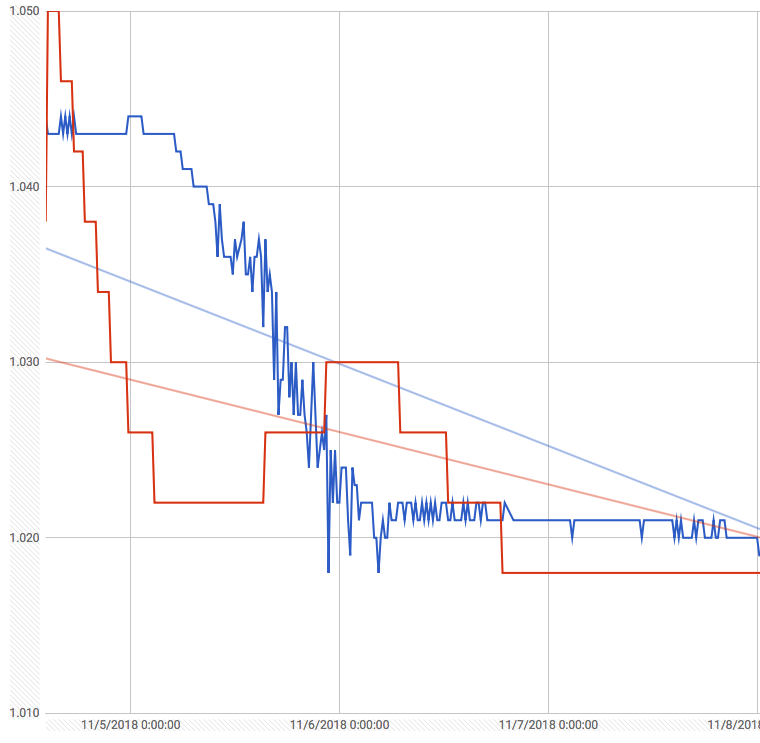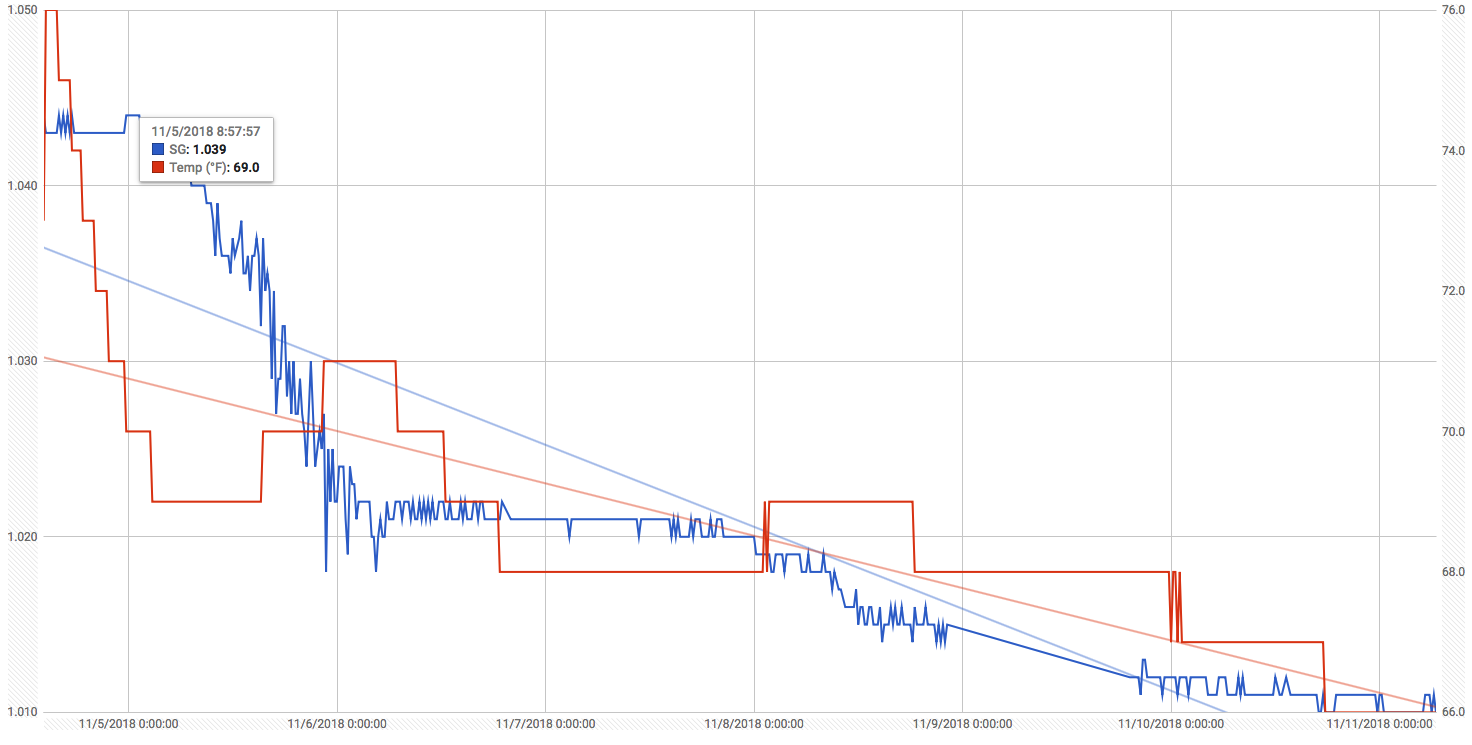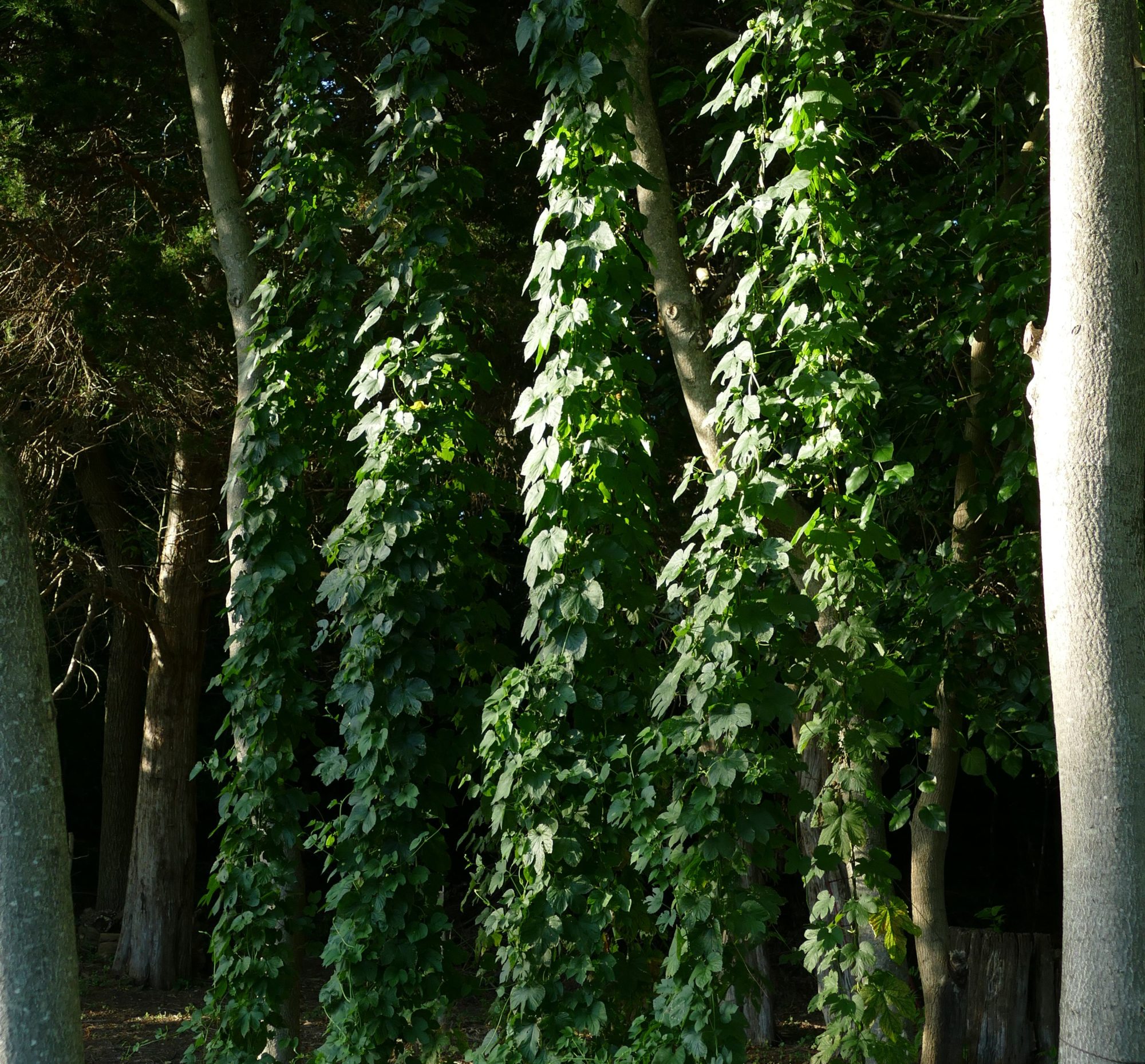After 100+ brews with my Grainfather I thought I had encountered every problem possible. Well, I was wrong 🙂 Last weekend I set out to brew one of my favorite styles of beer, a Scottish Export Ale. I carefully chose my grain, hops, yeast, and determined my mash schedule.
My brew day starts with determining strike water volume and temperature. I typically set the strike temp to about 5ºF higher than mash-in. For this brew that meant strike temperature of 157ºF for a 152ºF mash-in. It seemed to take longer than normal to reach strike temperature. However, I was busy cleaning brewing equipment so I didn’t really care.
For the majority of a my brews I have a very simple mash schedule. I mash for 60 minutes followed by a 10 minute mash out at 170ºF. With mash out and sparging complete it was time to bring the wort up to a boil. Again it seemed to take longer than normal to get to a boil, but I didn’t mind the wait. That was until I glanced over at my Grainfather is noticed the hot-break spewing out the top of the kettle. I was rather confused since the controller was only reading 180ºF (hot break happens at boiling temp). That’s when I realized what was wrong. The temperature probe was only partially inserted into the well and thus was giving false readings. I fully seated the temperature probe and continue my brew day without additional drama.
With the wort chilled and transferred to my Fast Ferment i dumped in WLP028 and my trust Tilt Hydrometer.

As you can see fermentation got off to a good start but quickly stalled on the second day. This is when I realized the temperature probe was probably not fully seated during the mash as well. I suspect I was really mashing in the 160-170ºF range which would result a much less fermentable wort. What to do? I was wasn’t really interested in a 3.5% ABV Scotch Ale with an FG 1.022.
Off to the Maryland Home-brew where I told my story to the staff and they suggested I pick up some Glucoamylase. One tsp of that, some fresh yeast (probably wasn’t necessary), and yeast nutrient and I was off the races again:

Now the beer is at 1.010 which is about where I want it. I’m a little concerned the Glucoamylase will dry it even further so I may transfer to keg and cold crash it before waiting for the SG to stabilize.
If you need to dry out a beer. I highly suggest looking into Glucoamylase. This stuff is magic.
